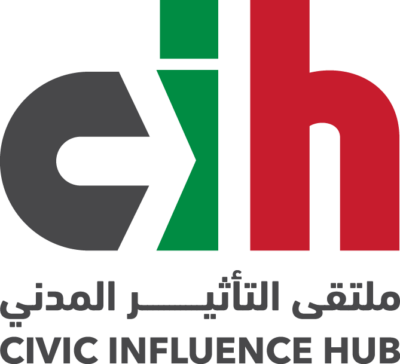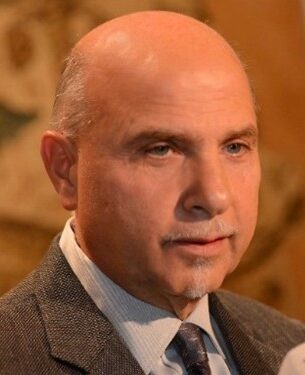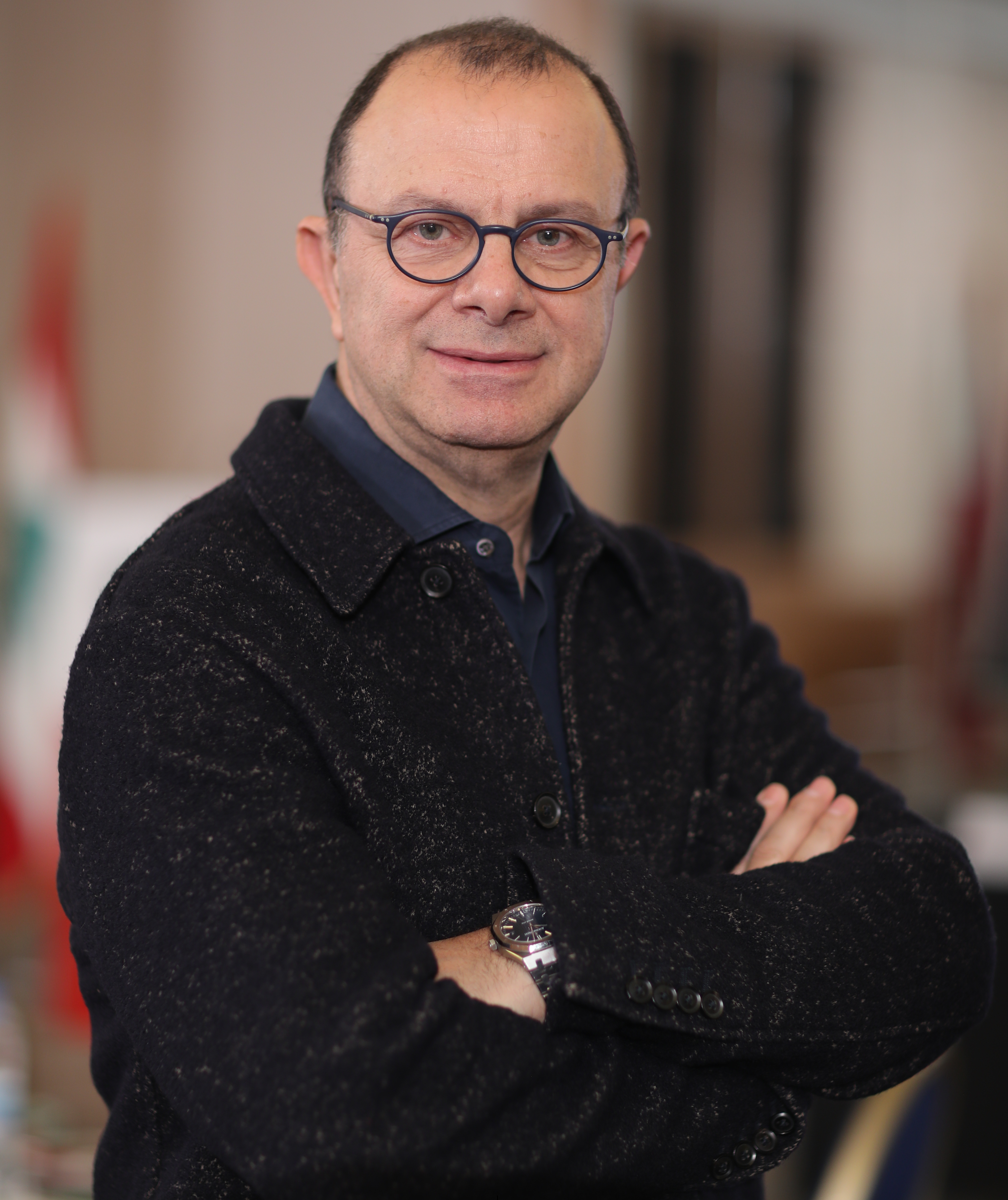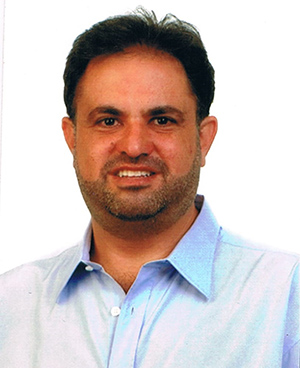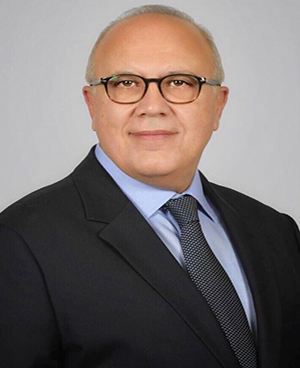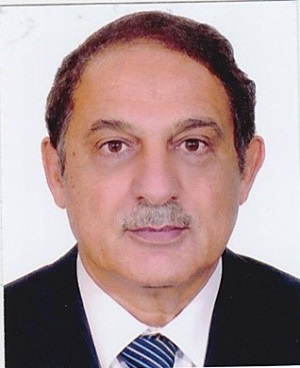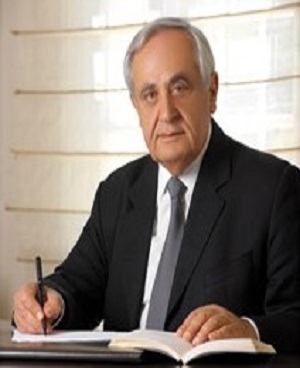WHO WE ARE
Founded in 2012, the Civic Influence Hub is a non-profit, non-partisan pressure group, formed by Lebanese citizens who share the same passion and commitment for the creation of a better Lebanon through the pursuit of good governance.
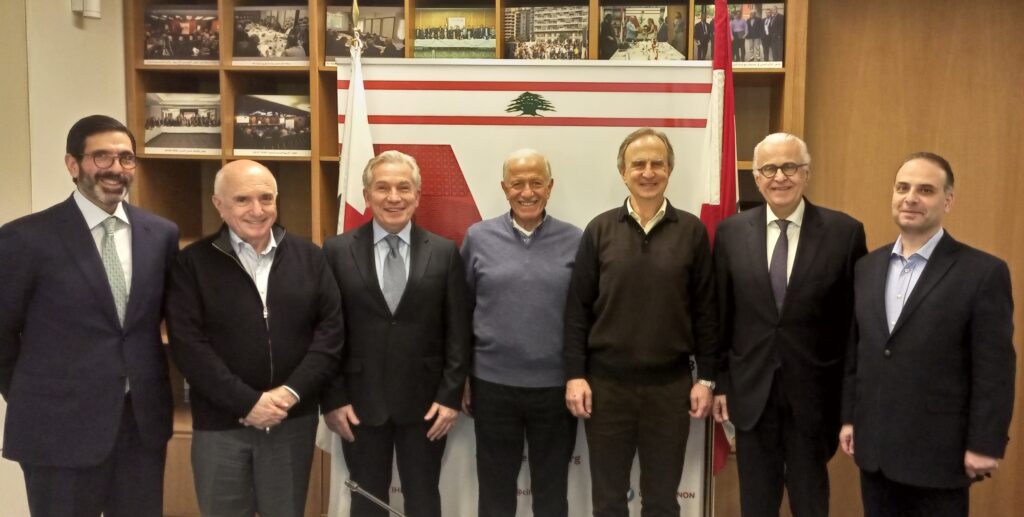
MISSION
We aspire to build a country that every citizen can be proud of, where dignity is upheld, where rights and obligations are enshrined, where justice and equity are assured under the rule of law and where every individual is provided the opportunity to achieve his/her fullest potential.
VISION
CIH will pursue the fundamentals of good governance, sustainable social and economic policies for the benefit of every citizen.
VALUES
Our operation draws upon a select and diverse team of counselors championing change through the implementation of constitutional law. We are brought together through: Integrity. Mutual trust and respect. Courage. Accountability.
The Declaration of Principles of Citizenship in a Free, Just and Independent Civic State
- Lebanon is a legal entity having internal and external legitimacy. The Lebanese State, at all times, embodies and commits to all enacted laws and internal regulations, as well as all ratified international treaties and charters, most notably the Charter of the United Nations, the Universal Declaration of Human Rights and the Charter of the Arab League.read more
- The Lebanese Constitution and Lebanese law stand above all else, and cannot be superseded by any authority or government, by any private citizen or state official, nor by any right or privilege. They represent the source and regulating authority of all rights and obligations, and act as protectors and guarantors of legitimacy and sovereignty.
- Freedom is the norm, and authoritarianism the anomaly. Liberality is therefore the rule, and constraint can only be the exception, as subject to the law and the Constitution.
- Accountability is the core principle of responsibility, and legal immunity is a privilege contingent on well-conducted public office. As such, it is not intended to shield the abuse or misuse of authority, in a system of government based on the separation of executive, legislative and judicial powers, working together within a system of checks and balances.
- No other legitimacy can contest the Lebanese Constitution, as the fundamental basis for the stability of government, and the unity of land and people. A pluralistic, diverse and liberal Lebanon is a national, regional and universal necessity, and the chief requirement for building a citizen state.
- A citizen state is principally concerned with the individual, and upholds the rights of each citizen within a humanistic civic framework. Such a state would enact productive and inclusive economic policies, as well as social policies that promote justice and security, within a system of good governance.
- The Lebanese are citizens of a civic state, equal in rights and obligations, and enjoy the freedom of thought, religion and assembly. They are regarded as responsible and accountable, in a free, sovereign and independent country, without discrimination on the basis of gender, religion, race or opinion.
- No distinction can be made among the rights and obligations of citizens. The same legal protections should be afforded to all citizens and residents, as inalienable rights that cannot be arbitrarily granted or denied, under the rule of law and justice.
- Combating corruption, in all its forms and various repercussions, is a national obligation and a moral imperative. The pinnacle of corruption is for citizens to be made to choose between their conscience and their interests, their security and their freedom, or their livelihood and their dignity. In all this lies systemic corruption.
- Public space is the property of all Lebanese without distinction, and is only restricted by virtue of public interest and to maintain the balance between the public and private spheres. The same applies to participation in public affairs, which is a constitutional right enjoyed by every citizen, and conditional only upon legal eligibility.
- A life of dignity and sufficiency is a right enjoyed by all citizens and residents. As such, it can only be guaranteed by providing a clean environment, balanced and comprehensive development, compulsory education, social security and public healthcare, in a decentralized civic welfare state, enjoying social justice and the rule of law, and upholding human rights, public liberties and individual freedoms.
- The country’s public funds, as well as its natural resources and wealth, belong to all the Lebanese. Every citizen and resident is entitled to benefit from them, as they are integral to a dignified standard of living, which the state has the obligation to provide and safeguard, with justice and equality as its sole consideration.
- Preserving Lebanon as a state, ensuring its continued governance and preventing it from turning into an arena of conflict, is contingent on extending its sovereignty over its entire territory, controlling its international borders, and ensuring its monopoly on sovereign decisions, most prominently decisions of war and peace, and of defense and foreign policy.
- Positive neutrality in dealing with regional issues and conflicts, as well as a transparent foreign policy, should be adopted, in line with national interests and national security. The rejection of violence would guarantee the survival of an open, diverse, pluralistic and Arab Lebanon, and ensure the continuation of its cultural role in all domains, and the emulation of its democratic model of peaceful existence and transition of power.
- The ultimate condition for a legitimate government and a sovereign state is their acceptance by the Lebanese people, and there can be no legitimacy or sovereignty without abiding by and applying the very principles that such legitimacy and sovereignty were originally based upon.
